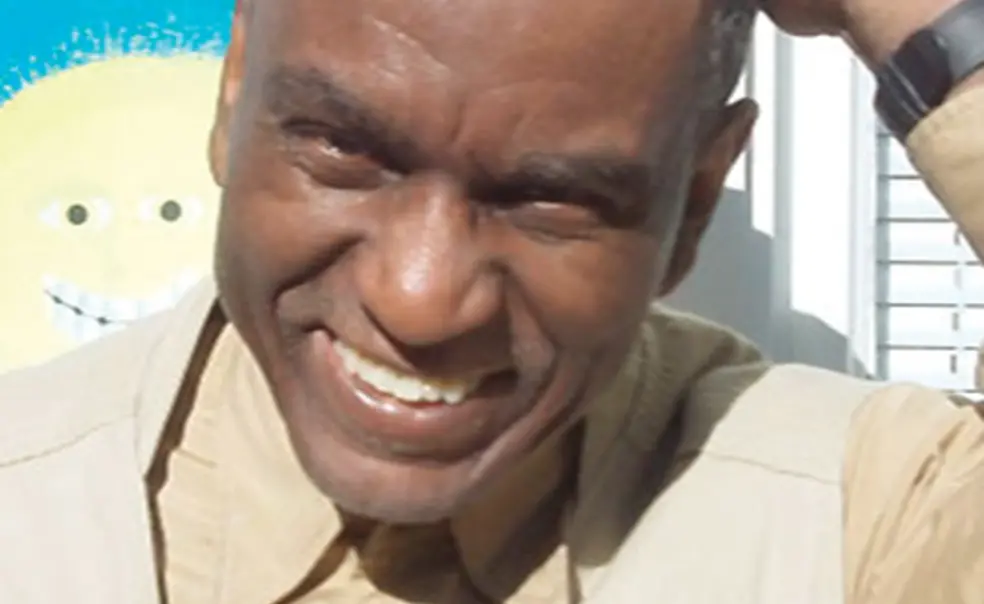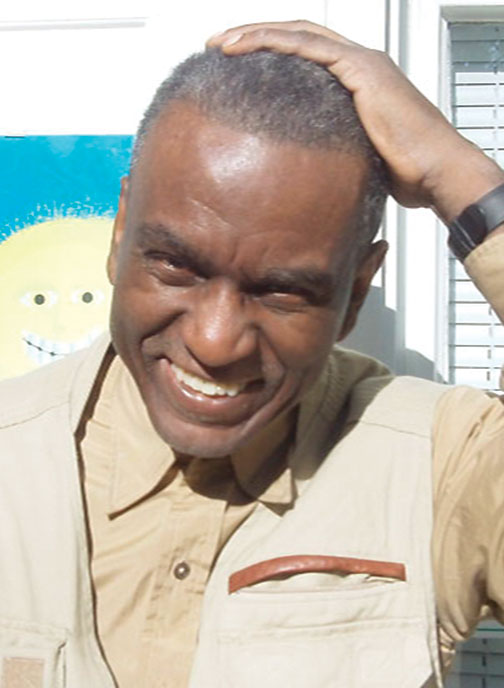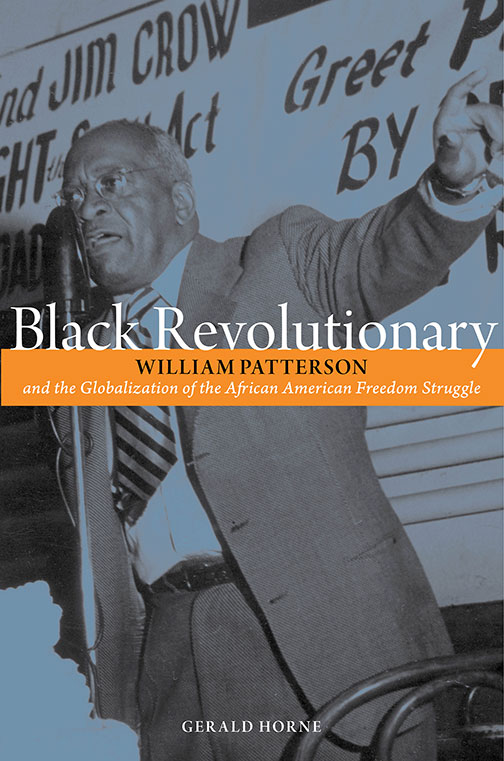When Americans think about the civil-rights movement, few give much thought to the role played by figures and organizations outside the United States. This overlooked aspect of the struggle against Jim Crow forms the basis of Black Revolutionary: William Patterson and the Globalization of the African American Freedom Struggle (University of Illinois Press) by Gerald Horne ’70, a professor of history and African-American studies at the University of Houston.
Patterson (1891–1980) was an African-American lawyer who, supported by the Communist Party, leveraged international outrage to right injustices against American blacks as far back as the “Scottsboro Boys” case in the 1930s. In that case — which involved nine black teens wrongly accused of rape in Alabama — Patterson provided aggressive legal and public-relations assistance to the defendants on behalf of International Labor Defense, the U.S.-based legal-aid arm of the Soviet-led Communist International. Thanks in part to Patterson’s efforts, the case became an international cause célèbre, putting pressure on U.S. officials to take seriously the injustices highlighted in the case.
Patterson’s role in the Scottsboro case, as well as his later efforts to fight Jim Crow as a lawyer, strategist, and spokesman, shed light on the tensions between mainstream civil-rights groups such as the NAACP and more radical organizations that were willing to accept assistance from the Soviet Union and take a more aggressive approach.
More moderate civil-rights groups “felt that alliance with any organization tied to Moscow meant the movement was doomed to failure,” Horne says. But the radicals felt the situation was so dire that the movement needed to find allies where it could, he says.
Patterson and his colleagues paid a price in the 1950s, when the Cold War heightened suspicions of those with communist ties; he spent time in prison stemming from his refusal to turn over documents related to party activities. Given such pressures, the civil-rights groups that kept their distance from the far left are more widely remembered today, a reality that obscures the once-simmering tensions between the movement’s two wings.
Horne, who grew up in Jim Crow-era St. Louis, worked for the National Conference of Black Lawyers before eventually shifting to academia. He has authored more than 30 books, most of which address questions of race in locations from Zimbabwe, Brazil, and India to Harlem and Hollywood. His next book, expected to be released in April, is The Counter-Revolution of 1776: Slave Resistance and the Origins of the United States of America.
Understanding American society within a larger international context is “particularly crucial today, when the black American community is in the midst of discussing myriad problems — the death penalty, incarceration, unemployment,” he says. Horne believes that too few intellectuals and leaders are noticing the similarities in social and economic challenges that span international borders. “It hasn’t broken through yet,” he says, “but I have no doubt that it will.”
Red Alert: How China’s Growing Prosperity Threatens the American Way of Life by Stephen Leeb with Gregory Dorsey. The book “raises a loud alarm.”












No responses yet